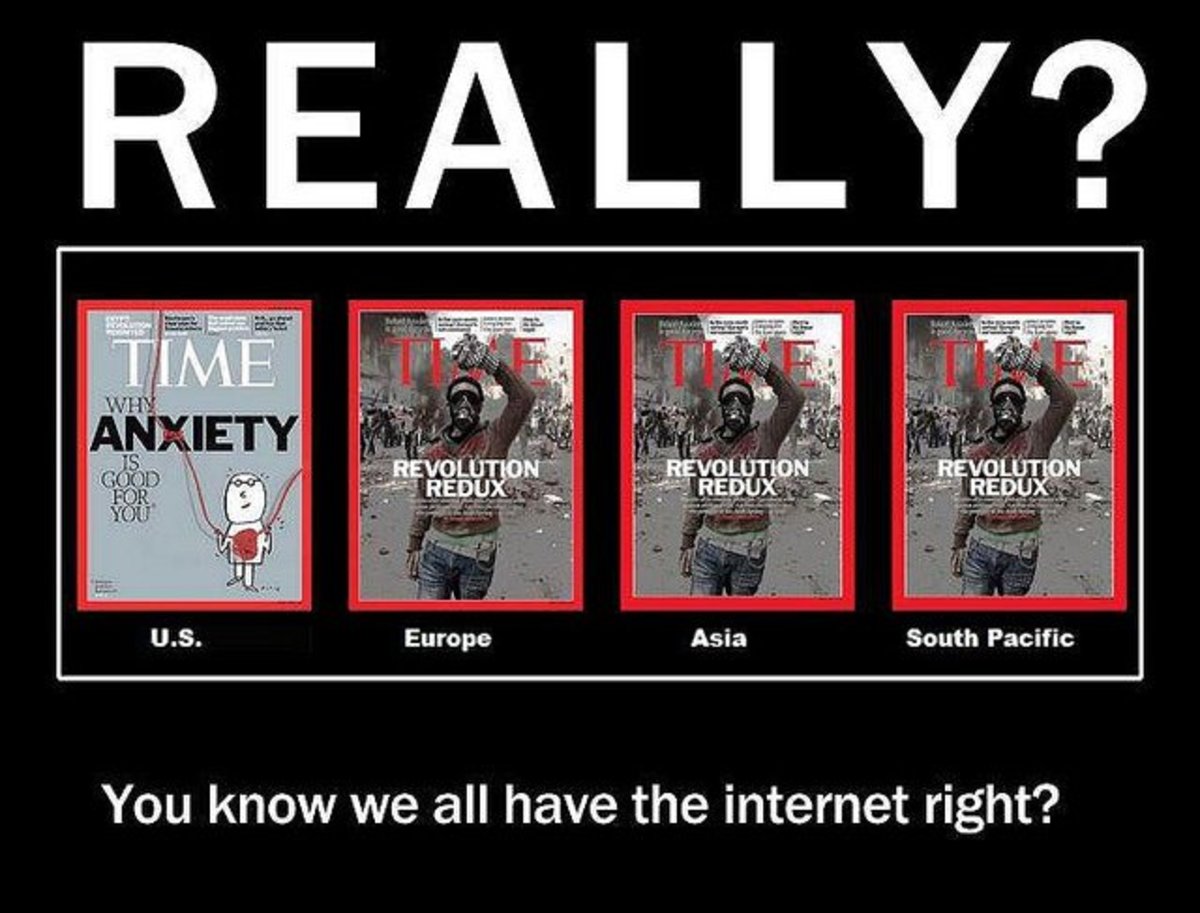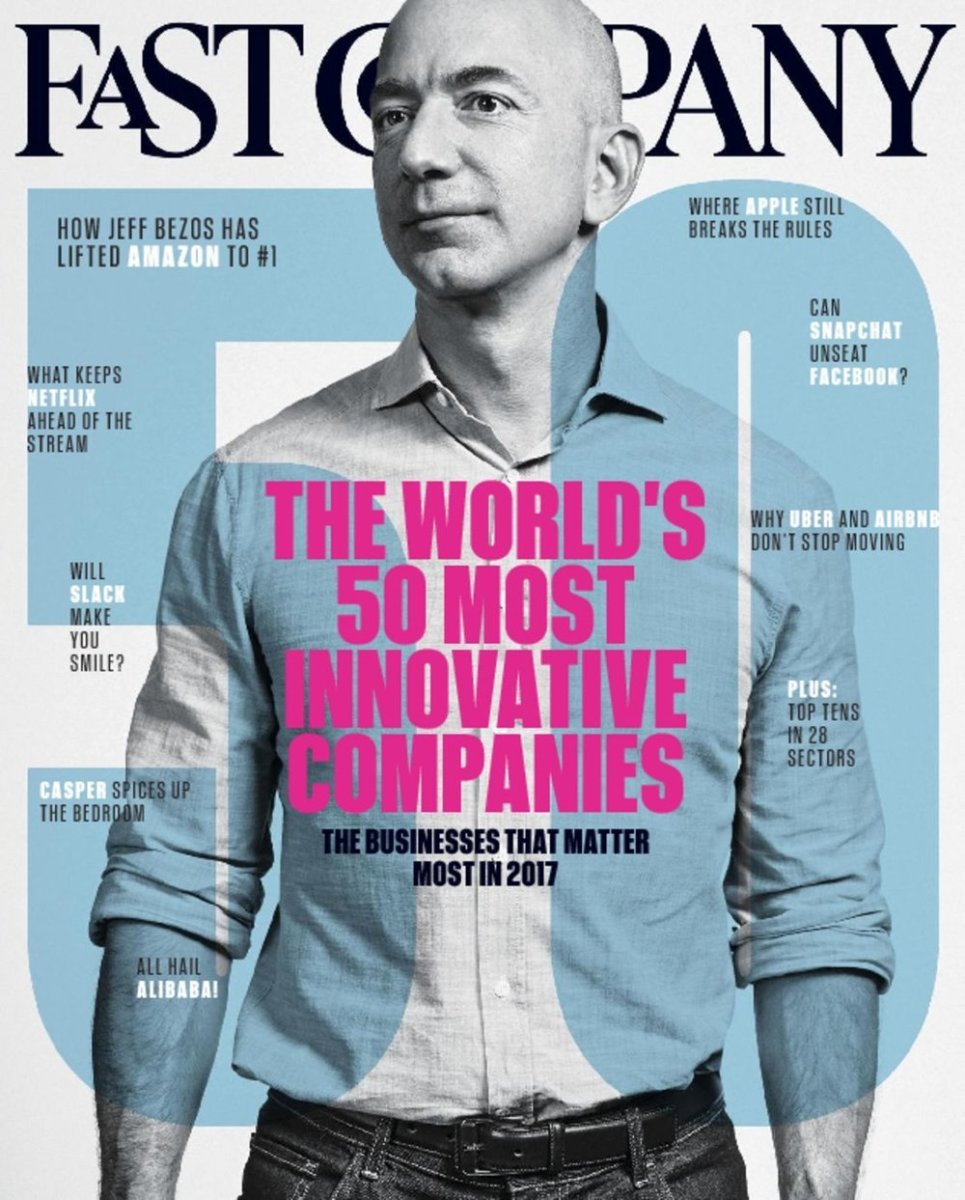What Has Happened To News Reporting?
"Just the facts" used to exclude opinion
Remember the days when a news article was composed of facts, when merely a hint of an opinion relegated an article to the depths of "yellow journalism?" It seems that those days are long gone. Even the front page, which once was devoted to printing only news articles , now showcases many pieces that feature elements more characteristic of feature articles than of new stories.
The 5 w's and an h (who, what, where, when, why and how) once comprised the Sacred Covenant of news writing. These factual details comprised the lead (the first sentence or two) of each article. The reason for this was that a quick look at an article would provide all the important facts if a reader was too busy to read the entire article. This classic style of news writing also featured the inverted pyramid, in which other details of a news piece were presented in order of descending importance so that if an article had to be "cut" for any reason, the least important details would be eliminated first.
Another cardinal rule of news writing was that adjectives never appeared in a news story except in the context of a direct or indirect quote. (e.g.: "Ms. Smith said, 'I was so upset I didn't notice the other guy at first,'" or "Ms. Smith said she was so upset that she did not notice the second robber at first.") To make a comment like, "Ms. Smith looked upset," is someone's opinion; to insert an opinion into "the news" equals an oxymoron. The same unwritten rule governs (or at least it used to) headlines. A headline such as "Stupid Robber Leaves Evidence At Crime Scene" reeks of opinion. It may well be true that a robber who leaves a phone bill containing his name and address at the scene of his crime is not a mental giant, but it is also true that the function of a news headline is to "announce" the article, not make a comment on its content or try to be "cute." It should be left to the reader to draw his/her own conclusions after reading the facts.
A headline which recently appeared on the front page of our local paper, traditionally reserved for strict news articles, proclaimed, "For some, bin Laden killing inspires scams." The text begins, "Your patriotic spirits may be soaring in light of our troops finally taking down terrorist Osama bin Laden. But take a breath before allowing that feeling to spur you to action." That sounds more like an introduction to a feature story than the lead of a news article. (For one thing, all of the 5 w's are missing.) In fact, this "article" actually was a weekly column that focuses on exposing scams and cons, certainly a noble public service; as such, however, it did not qualify as a news story warranting placement on the front page. This front-page intermingling of "just the facts" news with features and editorials seems to be occurring more and more often.
This change in “journalistic technique” isn’t confined to news writing. Turn on the evening news and count how many adjectives are used in a reporter’s recounitng of a “news” story. Remember, The News should be dedicated to recounting, not embellishing. In addition to that, consider the number of networks that are slanted politically. Pick a network- any network- and listen to The News for a few nights; it won’t be difficult to ascertain where their political loyalties lie. If a network wishes to editorialize through the venue of a feature show, such as “Dateline”, “20/20” or “The View”, so be it. Editorializing or slanting on programming labelled The News, however, is unprofessional. Also, claiming to have been given “exclusive” details on news that affects the nation (such as the bin Laden assassination) is, at the very least, suspect. Why would the government leak information to just one network? The answer would seem fairly obvious.
Some might think it old school to expect something called The News to be just that. There's nothing "old", however, in wanting to be given the opportunity to draw one's own conclusions. After all, that is the "American Way".... isn't it?






